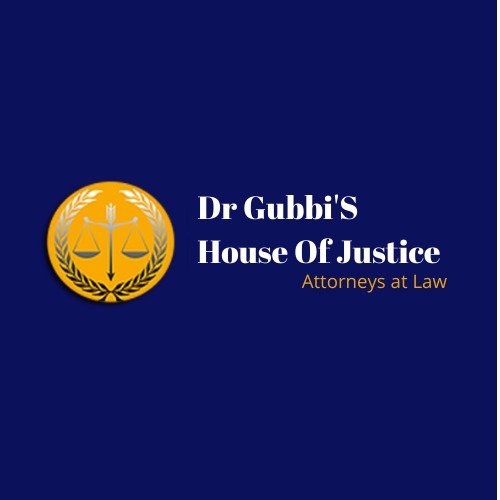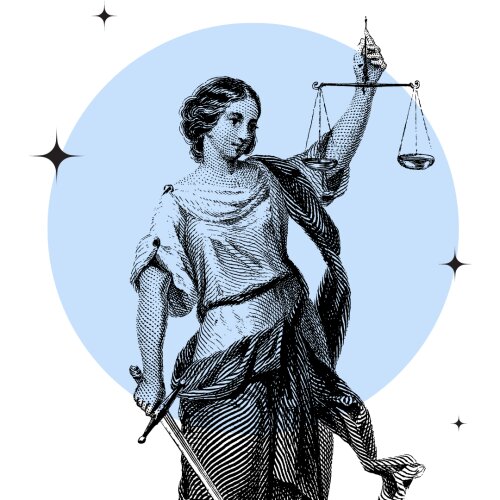Best Trusts Lawyers in Bengaluru
Share your needs with us, get contacted by law firms.
Free. Takes 2 min.
List of the best lawyers in Bengaluru, India
India Trusts Legal Articles
Browse our 1 legal article about Trusts in India written by expert lawyers.
- Understanding Wills and Succession in India: A Comprehensive Guide for Senior Citizens
- A Will is one of the most meaningful documents an individual can create during their lifetime. It represents much more than the distribution of wealth; it embodies the affection, foresight, and thoughtful planning of the person who leaves it behind. For senior citizens, especially, writing a Will is not a... Read more →
About Trusts Law in Bengaluru, India
Trusts in Bengaluru, India, are governed under the Indian Trusts Act of 1882. A trust is an arrangement whereby a person, called a trustee, holds property as its nominal owner for the good/benefit of beneficiaries. Trusts are typically used for estate planning, tax planning, or setting aside funds for a particular cause, such as education or charity.
Why You May Need a Lawyer
You may need a lawyer when establishing a trust, interpreting the terms of an existing trust, or ensuring compliance with all relevant laws and regulations. A lawyer can ensure the legitimate transfer of assets into a trust and can advise on the tax implications. Additionally, in case of a dispute concerning the trust, you may require legal representation to protect your interests.
Local Laws Overview
The Indian Trusts Act of 1882 regulates trusts within India. It outlines the conditions required for creating trusts, guidelines about the duties and rights of trustees and beneficiaries, and the circumstances under which a trust may be terminated. Moreover, it defines situations when a trust could be considered void and how disputes may be resolved. However, legal interpretation and complexities may arise, therefore, legal advice may be needed.
Frequently Asked Questions
1. How can I create a trust in Bengaluru?
You can create a trust by executing a trust deed. The trust deed should include the name and address of the settlor, the trustee, and the beneficiary. It should also specify the objective of the trust and how the trust property will be managed.
2. Can I alter the terms of the trust after it has been created?
Generally, once a trust has been made, it cannot be revoked or altered unless the trust deed specifically provides for it. A lawyer can help explain what changes can be made.
3. What are the obligations of a trustee?
A trustee is obligated to abide by the terms of the trust deed and act in the best interests of the beneficiaries. They must manage the trust property, make it productive, and act with reasonable care.
4. What happens if the trustee fails to fulfil their duties?
If a trustee fails to fulfil their duties, they may be held personally liable for any loss caused to the trust property. It may also result in the termination of the trust or the removal of the trustee.
5. What tax implications are associated with trusts?
Tax implications of trusts are complex and depend on the type of trust and the nature of assets therein. They may also vary based on whether the trust is revocable or irrevocable. Consult a lawyer or a tax consultant for advice.
Additional Resources
The Government of India's Ministry of Law and Justice's website has resources pertaining to the Indian Trusts Act 1882. The Karnataka State Law University and Free Legal Advice Centres in Bengaluru can also assist with information.
Next Steps
If you require legal assistance with trust law, consider hiring a lawyer who specializes in trusts. Ensure the lawyer is knowledgeable about the local laws in Bengaluru and has experience handling the intricacies of trusts. It is also advised for clarity in all aspects of the trust and a better understanding. You can also reach out to free legal advice centres for assistance.
Lawzana helps you find the best lawyers and law firms in Bengaluru through a curated and pre-screened list of qualified legal professionals. Our platform offers rankings and detailed profiles of attorneys and law firms, allowing you to compare based on practice areas, including Trusts, experience, and client feedback.
Each profile includes a description of the firm's areas of practice, client reviews, team members and partners, year of establishment, spoken languages, office locations, contact information, social media presence, and any published articles or resources. Most firms on our platform speak English and are experienced in both local and international legal matters.
Get a quote from top-rated law firms in Bengaluru, India — quickly, securely, and without unnecessary hassle.
Disclaimer:
The information provided on this page is for general informational purposes only and does not constitute legal advice. While we strive to ensure the accuracy and relevance of the content, legal information may change over time, and interpretations of the law can vary. You should always consult with a qualified legal professional for advice specific to your situation.
We disclaim all liability for actions taken or not taken based on the content of this page. If you believe any information is incorrect or outdated, please contact us, and we will review and update it where appropriate.










